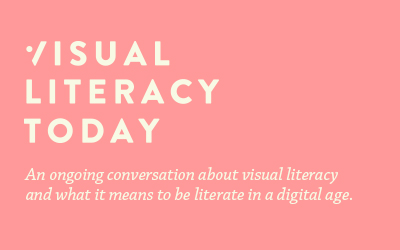The purpose of this quantitative, quasi-experimental, exploratory study was to create a metaliteracy course for online Ed.D. students and determine if there was a relationship between the Metacognitive Strategies for Library Research Skills Scale, Metaliteracy Pretest, and Metaliteracy Posttest.
In the early drafts of the Information Literacy Framework for Higher Education, metaliteracy and metacognition contributed several guiding principles in recognition of the fact that information literacy concepts need to reflect students’ roles as creators and participants in research and scholarship. The authors contend that diminution of metaliteracy and metacognition occurred during later revisions of the Framework and thus diminished the document’s usefulness as a teaching tool. This article highlights the value of metaliteracy and metacognition in order to support the argument that these concepts are critical to information literacy today, and that the language of these concepts should be revisited in the language of the Framework. Certainly metacognition and metaliteracy should be included in pedagogical strategies submitted to the newly launched ACRL Framework for Information Literacy Sandbox.
The term ‘metaliteracy’ is still a relatively new concept since being introduced into the library and information science literature as a ‘framework that integrates emerging technologies and unifies multiple literacy types’ (Jacobsen and Mackey, 2011, 62). It is therefore still a fairly recent addition to the parlance surrounding library instruction and teaching and learning practice, which this chapter will attempt to expand on.
How do artists, designers, architects and craftspeople seek and deploy information in support of their practice? It is a question that is of central importance to the learning and teaching that art libraries provide, yet one that has also been subject to much debate within the historical and contemporary literature. An attentive reading of this literature reveals three fundamental metanarratives, each underpinned by a particular epistemology, and it is these narratives that have then informed how institutions construct, embed and assess the teaching of information skills to their readers.
In response to the growing call for authentic learning and content creation in the information literacy setting, librarians at Emporia State University have created assignments and activities that utilize an iOS app called Comic Life to create photo comics. Students in a for-credit course created photo comics as information literacy narratives, while First Year Seminar students worked to build library guides. These activities encourage honest, meaningful reflection by students and allow them to demonstrate metaliteracy skills in an engaging and creative manner and can allow for both individual and group-created content. Students at Emporia State University have expressed high levels of satisfaction and engagement when participating in these activities.
“Metaliteracy is envisioned as a comprehensive model for information literacy to advance critical thinking and reflection in social media, open learning settings, and online communities. At this critical time in higher education, an expansion of the original definition of information literacy is required to include the interactive production and sharing of original and repurposed digital materials. Metaliteracy provides an overarching and unifying framework that builds on the core information literacy competencies while addressing the revolutionary changes in how learners communicate, create, and distribute information in participatory environments. Central to the metaliteracy model is a metacognitive component that encourages learners to continuously reflect on their own thinking and literacy development in these fluid and networked spaces. This approach leads to expanded competencies for adapting to the ongoing changes in emerging technologies and for advancing critical thinking and empowerment for producing, connecting, and distributing information as independent and collaborative learners.”
